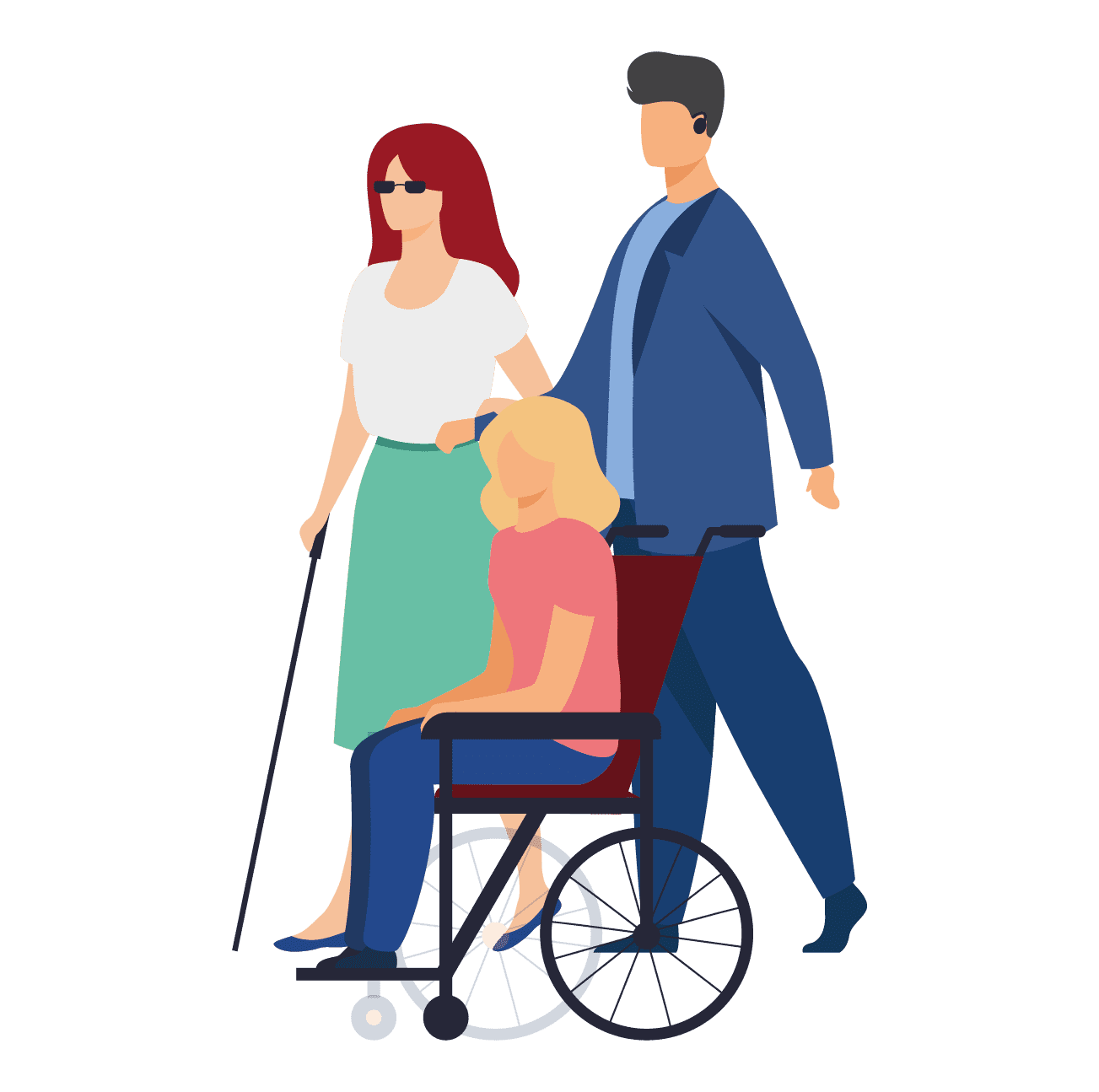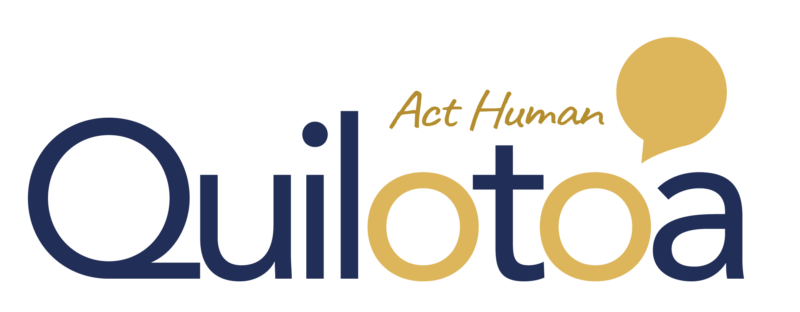Developing assertiveness skills
Improve assertiveness skills for serene and constructive professional relationships

Training objectives
1/ Express yourself with conviction, making your words resonate
2/ Capturing attention by listening to yourself and others
3/ Structuring your words in the randomness of the present
4/ Adopt a “cooperative confrontation” approach
5/ Traiter les objections tout en maintenant la relation
Conditions
Duration: 2 days
All audiences
No prerequisites
Price upon request
The rate depends on the scale of the project. To find out our list price, please refer to our General Terms and Conditions of Sales.
Training overview
Asserting yourself with conviction
– Behavioural factors to ensure quality presence
– Making contact: moving from contact to a relationship
– Managing emotions: developing self-presence through centring
Asserting yourself while respecting the opinions and points of view of others
– Identifying your own communication tendencies in the face of opposition
– Handling objections
– Formulating constructive criticism that preserves the relationship
Knowing how to establish your legitimacy as a good professional
– Gap between your self-image and the image you portray
– Self-presentation to enhance your role
– Letting go, or how to unleash your creativity without censoring yourself
Building relationships and becoming a better listener
– Active listening for interpersonal relationships
– Distinction between fact and interpretation
– Triggering factors for a constructive exchange when making joint decisions
Training methods

Role play

Practice

Personalized action plan

Video input

Individual diagnosis
We will be delighted to answer any questions you may have (response within 48 hours)

Quilotoa pedagogy
Based on theatrical techniques, active and practical, it aims to give each participant the autonomy that is essential for lasting progress.
Theoretical points of reference, conveyed interactively, complement the practical exercises to help you get to grips with the subject.
Evaluation
Ongoing assessment : as you go along in the various scenarios.
At the end of the course : on a summary exercise.
After the course : via an online form.
People with disabilities
When our training courses are held at Quilotoa’s head office – 123 rue Jules Guesde, 92300 Levallois-Perret – they are accessible to anyone with reduced mobility.
For any further information on disability, please contact our disability advisor: Nathalie Barbey – n.barbey@quilotoagroup.com – +33 1 47 48 77 12

Experiential teaching recognised since 1993



